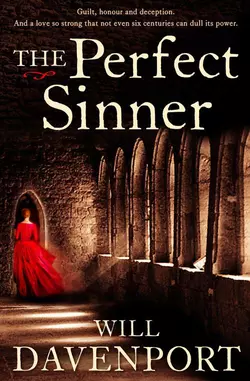The Perfect Sinner

Will Davenport
Тип: электронная книга
Жанр: Современная зарубежная литература
Язык: на английском языке
Стоимость: 382.20 ₽
Статус: В продаже
Издательство: HarperCollins
Дата публикации: 16.04.2024
Отзывы: Пока нет Добавить отзыв
О книге: Discover a sumptuous and haunting novel of medieval loves, lies and loyalties.Slapton, Devon, 1372. Sir Guy de Bryan, trusted friend of Edward III, consecrates a magnificent Chantry, his personal bulwark against the torments of purgatory. Yet he is known as an honorable man. Why should he fear for his eternal soul?Sir Guy harbours three sins, violations of the chivalric code he holds so dear. The first, he has atoned for; he was more of a witness than perpetrator of the second; the third he cannot confess. Yet when he is called upon to lead a dangerous mission across the Alps, he finds one of his companions strangely interested in his tale. The young squire has an uncanny ability to draw out the truth…and in doing so, elicits a remarkable story of rivalry, murderous deception and deep passion.Over six hundred years later, high-flying policy adviser Beth Battock is forced to return to her home village in Devon when her prized career is rocked by scandal. Prompted by a local stone carver, who is painstakingly restoring the searing inscription once displayed on the Chantry, Beth must recognise her own history and that of her family, the thread that binds them to the de Bryans, and that the consequences of her actions cannot be divorced from what went before, in love and war.Will Davenport has taken a potent collection of historical facts and woven them into an astoundingly haunting and compelling novel. In medieval and modern times, mankind makes the same mistakes; but the words of a wise knight who lived it all, both politically and personally, have a clarity that resonates through the centuries.